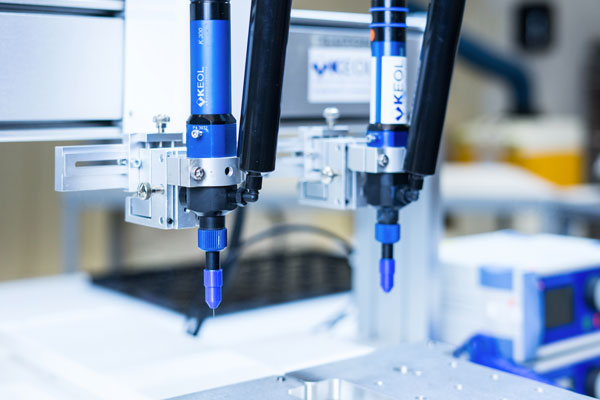Dispensing valves are vital in various industrial processes, ensuring accurate and efficient flow control of liquids and gases. However, misconceptions surrounding dispensing valves can lead to improper use, maintenance issues, and even safety hazards. This article aims to debunk some of the most common myths about dispensing valves and provide the accurate information you need to optimise their performance and longevity.
1. Dispensing Valves Require Minimal Maintenance
One of the most pervasive myths is that dispensing valves require little to no maintenance. In reality, dispensing valves are intricate components that demand regular maintenance to function correctly. Over time, wear and tear, along with the accumulation of residues, can lead to clogging, leaks, and reduced efficiency. Regular cleaning, inspection, and part replacement are necessary to ensure that dispenser valves operate at peak performance. Ignoring maintenance can result in costly downtime and the need for more frequent replacements, ultimately affecting the bottom line.
2. All Dispensing Valves Are the Same
It is a common misconception that all dispensing valves are interchangeable. While dispensing valves may serve a similar function, they are not all created equal. Different applications require specific types of valves tailored to handle various fluids, pressures, and temperatures. Using the wrong valve for your application can lead to suboptimal performance, premature wear, and even system failures. It’s crucial to select a dispensing valve that matches the specific requirements of your process, taking into consideration factors like material compatibility, flow rate, and operating conditions.
3. Dispensing Valves Do Not Impact Product Quality
Some believe that dispensing valves have little to no impact on the quality of the final product. This myth is far from the truth. In precision manufacturing, the accuracy and consistency of dispensing valves play a critical role in maintaining product quality. Inconsistent flow rates or improper sealing can lead to defects, wastage, and a lack of uniformity in the finished product. By ensuring that dispense valves are correctly calibrated and suited to the specific task, you can significantly enhance the quality and consistency of your products.

4. Valve Failure Is Always Due to Manufacturing Defects
When a dispensing valve fails, the immediate assumption might be that it was due to a manufacturing defect. However, most valve failures can be traced back to improper usage, poor maintenance, or unsuitable application. Factors such as incorrect installation, exposure to incompatible chemicals, or operating the valve beyond its specified limits are often the real culprits. To prevent such failures, it’s essential to follow the manufacturer’s guidelines for installation, operation, and maintenance, and to ensure that the valve is used within its designed specifications.
5. Higher Pressure Always Means Better Performance
There is a widespread belief that increasing the pressure on dispensing systems will always improve performance. In reality, operating a dispense valve at pressures higher than its rated capacity can lead to excessive wear, leakage, and eventual failure. Dispensing valves are designed to operate optimally within specific pressure ranges. Exceeding these limits shortens the valve’s lifespan and risks compromising the entire system’s integrity. To maximise performance, it’s crucial to operate dispensing valves within the recommended pressure parameters and to select a valve that meets your system’s needs.
Conclusion
Dispensing valves are integral to many industrial applications, and understanding their proper use and maintenance is critical to ensuring their longevity and effectiveness. By debunking these myths, you can make more informed decisions, prevent potential issues, and optimise your operations. Regular maintenance, choosing the appropriate valve for your application, and adhering to recommended pressure limits will contribute to better performance and product quality.
For more information about dispensing valve solutions, contact Unicontrols today.

















